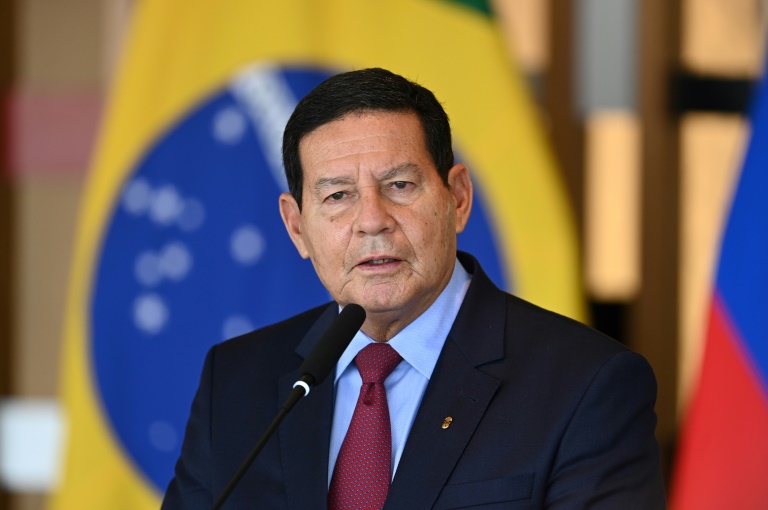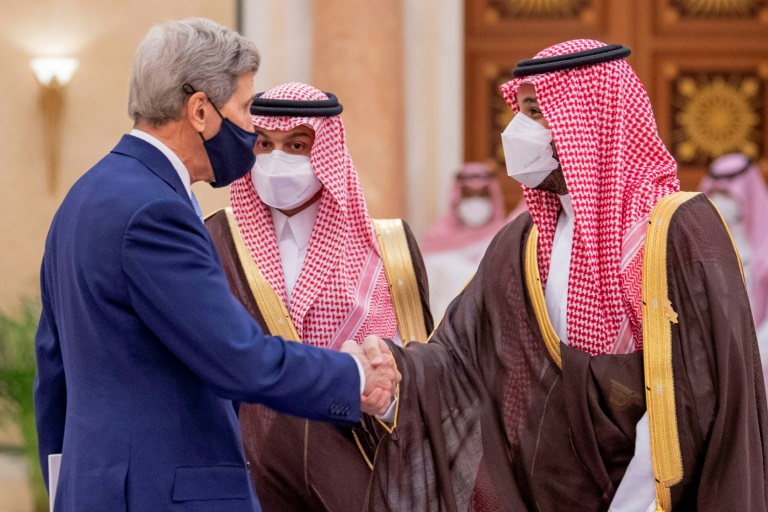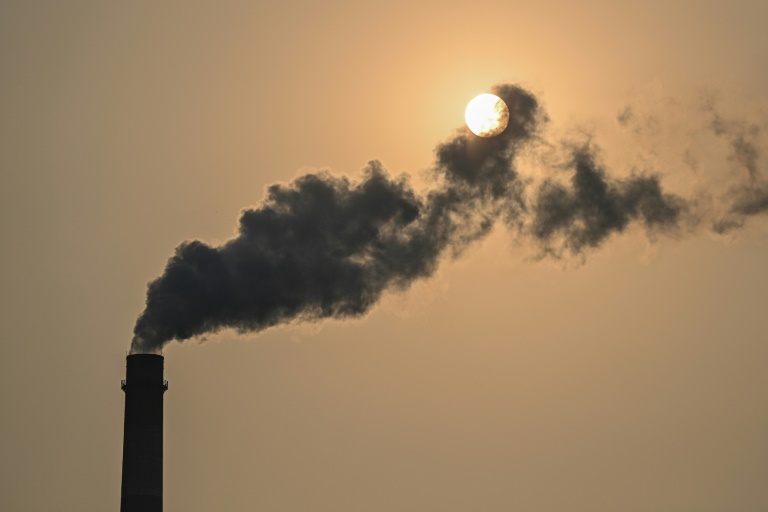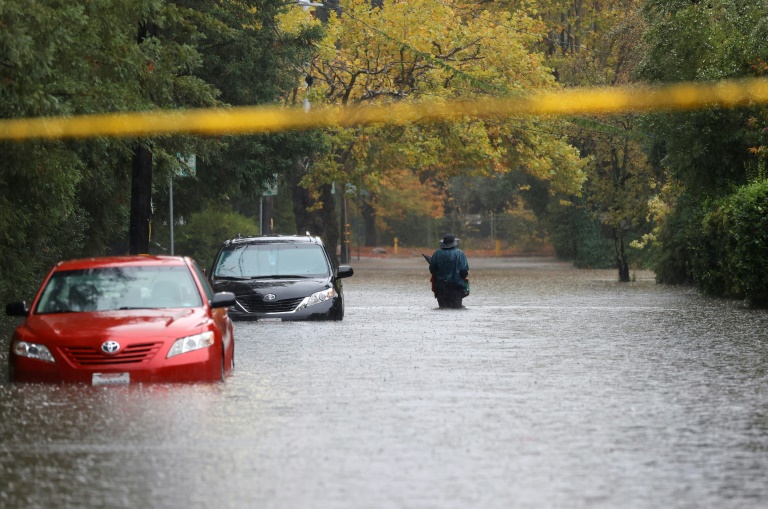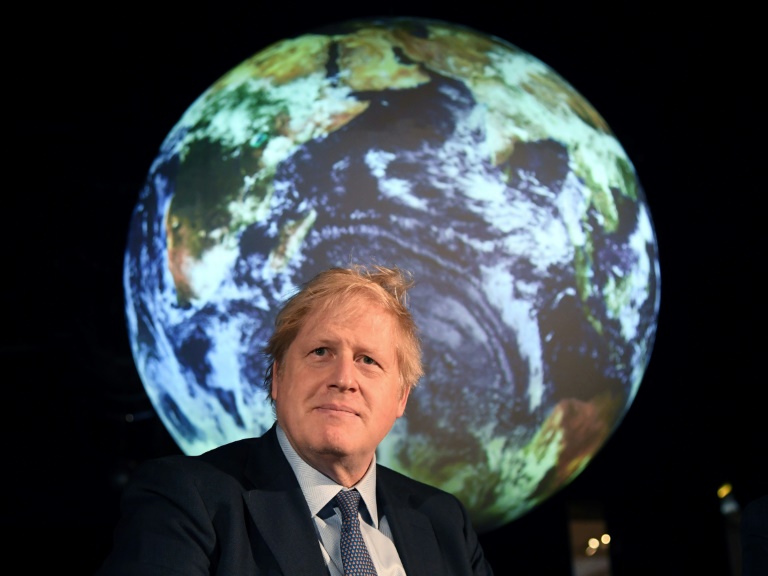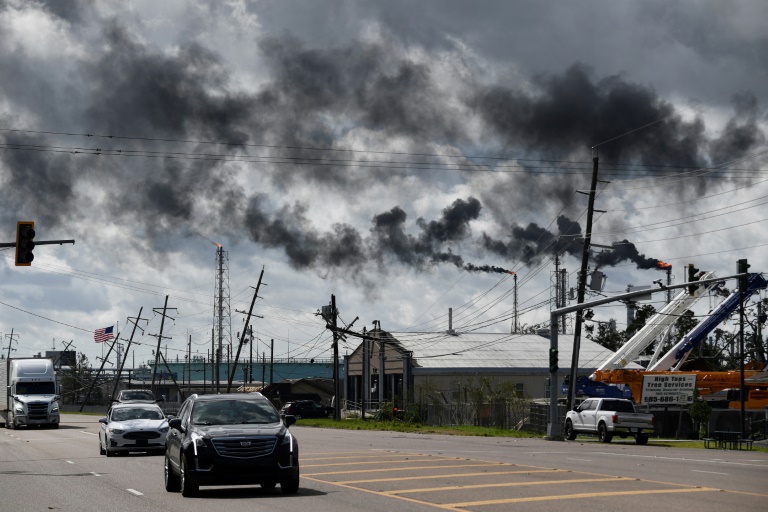Brazil plans combative strategy for climate talks
President Jair Bolsonaro’s government will pursue a confrontational negotiating strategy at the upcoming UN climate summit, renewing calls for other countries to pay Brazil to preserve the Amazon, the vice president said Monday.
Vice President Hamilton Mourao, an army general who is Bolsonaro’s point man on the Amazon, said Brazil would use the “weapons of diplomacy” to protect what the administration sees as its national interest at the COP26 conference in Glasgow, which opens Sunday.
“The Amazon represents around 50 percent of Brazil’s territory. If we have to maintain 80 percent of that intact, not only because of our own legislation but also to cooperate with the rest of the world to prevent drastic climate change… we’re talking about preserving 10 Germanys,” Mourao told journalists.
“There has to be a negotiation on the country being compensated for doing that job for the rest of humanity’s benefit.”
Bolsonaro has faced international criticism since taking office in 2019 for a surge in deforestation and fires in the Amazon, and for his government’s alleged lack of ambition at international climate talks, including its insistence Brazil be paid for protecting its 60-percent share of the world’s biggest rainforest, a vital resource in the race to curb climate change.
Brazil has said its efforts to reduce deforestation since 2006 are worth $30 billion to $40 billion.
Mourao, 68, said Brazil, the world’s biggest exporter of beef — much of it produced in the Amazon — had to defend its right to develop its economy.
“There’s political opposition (to Brazil), our government being a right-wing government and there being a left-wing majority vision in many countries of the world. That creates a political clash,” he said.
Mourao said Brazil would announce one key advance in Glasgow: a pledge to shave two to three years off its previous committment to end illegal deforestation by 2030.
He also sowed confusion on another key issue: whether Brazil will end its opposition to stopping the “double counting” of carbon credits, in which countries that reduce pollution could both sell an emissions credit to another country and count it for themselves.
Mourao, who will not be in Glasgow, said he opposed double counting, before clarifying: “It’s not my place to reveal the nuances of our (negotiating) strategy. As you know, negotiations are a push and pull.”
The Glasgow summit, the biggest climate conference since the 2015 Paris talks produced a landmark accord on curbing global warming, is seen as crucial for setting global emissions-cutting targets.

